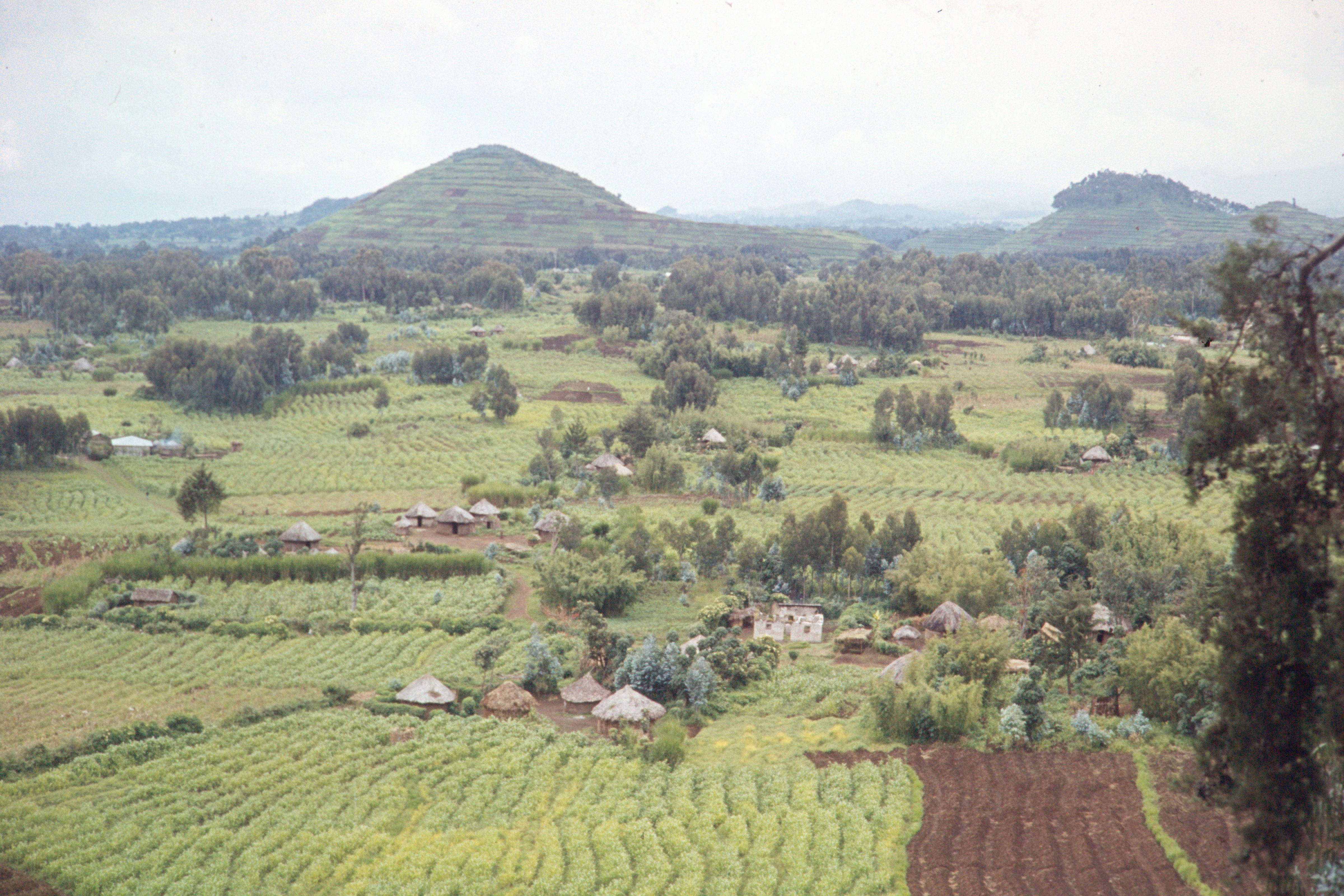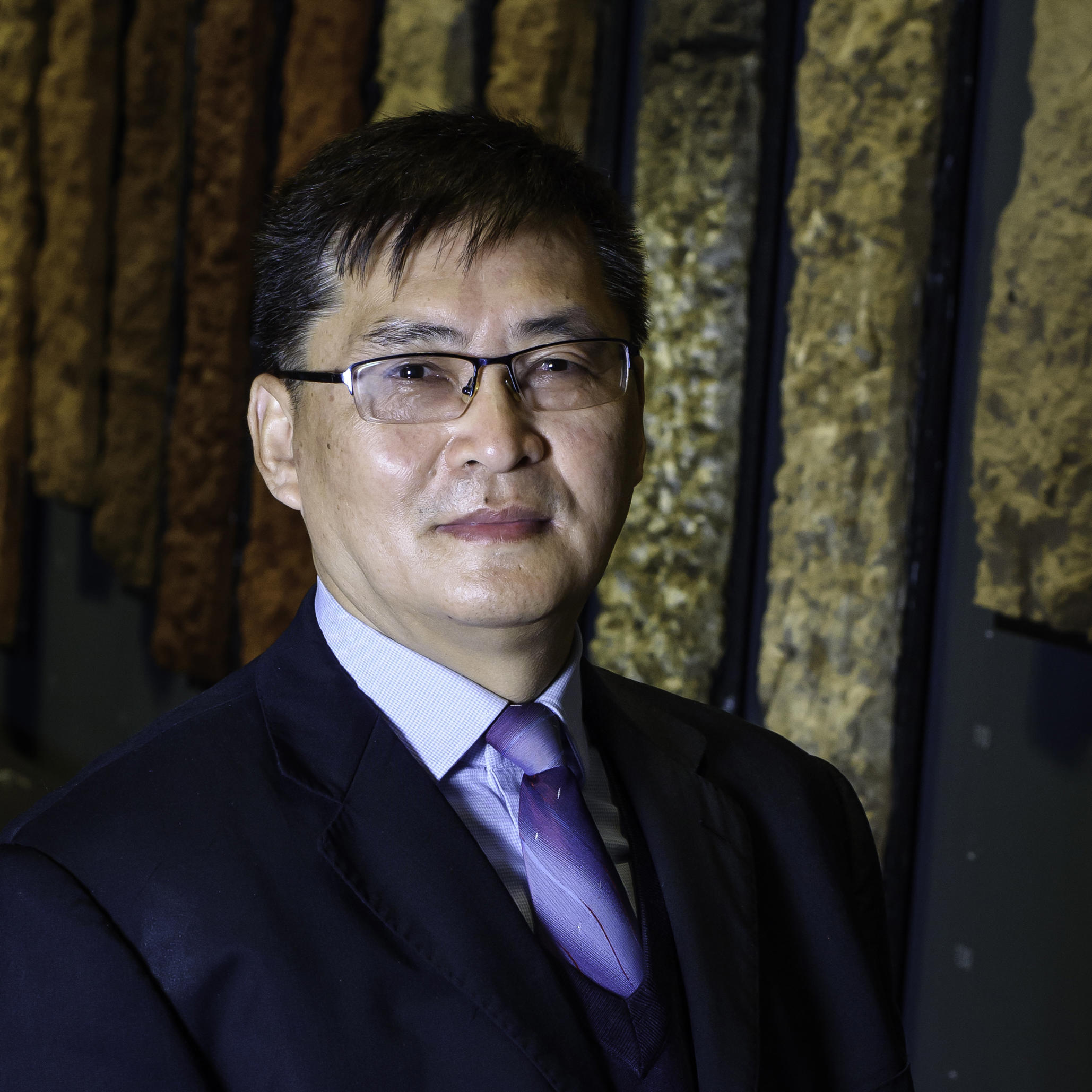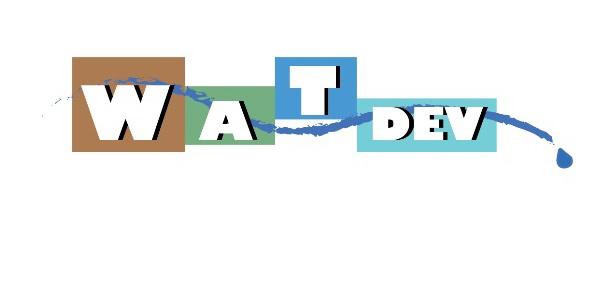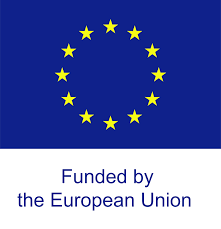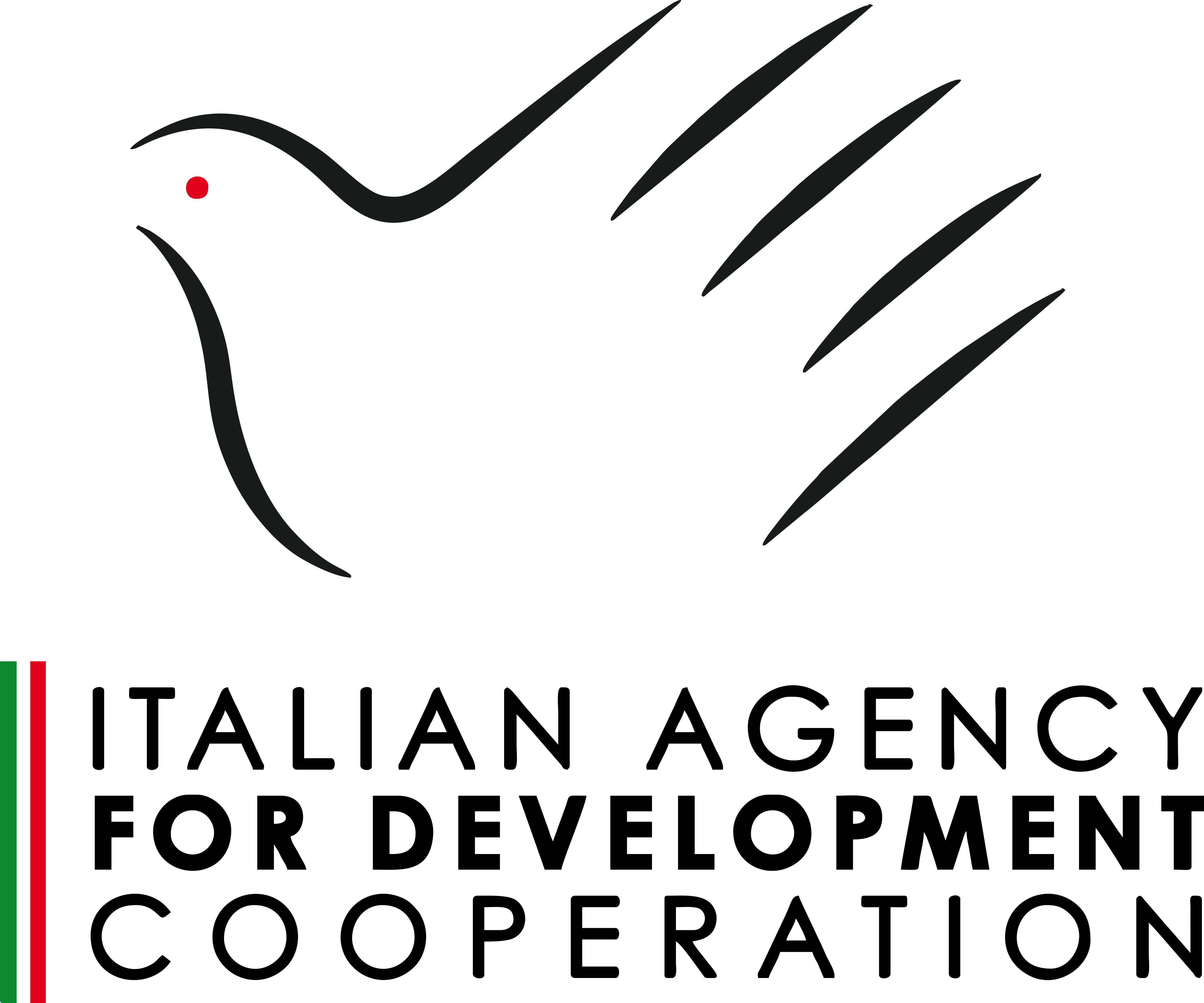The East African region has great potential not only to feed itself, but to play a major role in global food systems. However, the scarcity or limited availability of water resources and increasingly more extreme and erratic climatic conditions - with strong seasonality of rainfall, large inter-annual variations and frequent droughts are severely compromising agricultural production and food security in many East African countries.
The project WATDEV, funded by the DeSIRA initiative of the European Union and Italian Agency for Development Cooperation (AICS), aims to develop an in-depth understanding of small and large-scale water and agricultural resource dynamics and management while boosting people’s resilience to climate, through innovative research, modelling, and capacity building approaches.
The project targets Kenya, Ethiopia, Sudan, and Egypt; all score poorly on the Human Development Index and need to improve water and soil management and agricultural production methods. However, ensuring long-term and long-lasting individual and institutional capacity for the management of water and natural resources requires multi-actors’ involvement and engagement, as natural resources provide ecosystem services to different communities, particularly in the agriculture sector.
